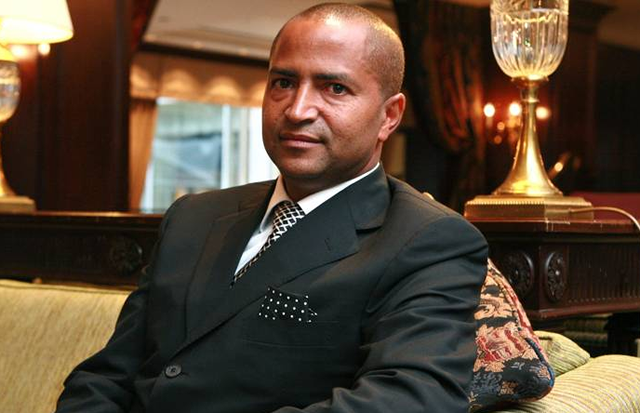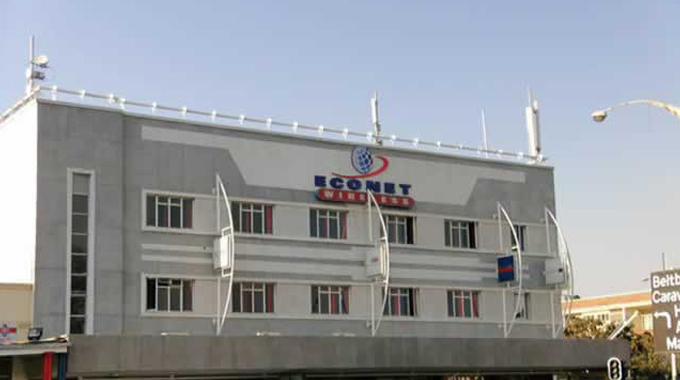200 procurement entities to be set up

Prosper Ndlovu Business Editor
AT least 200 procurement entities will be established countrywide as part of a decentralisation drive aimed at enhancing business efficiency and attracting investment, a senior official has said.
The Deputy Chief Secretary to the President and Cabinet, Ray Ndhlukula, said decentralising procurement services was part of a broad reform package under the ease of doing business agenda.
The investment process covers, among others, a multi-pronged strategy to reform the public sector and transform the State Procurement Board (SPB).
Ndhlukula told delegates who attended a two-day ease of doing business seminar in Bulawayo last Friday that the strategy had been adopted after empirical evidence had shown a positive correlation between building robust procurement systems and investment activities in a country.
“Over 200 procurement entities will be established under the decentralisation of procurement to ministries, departments and agencies including parastatals, state enterprises and local authorities,” said Ndhlukula.
“Since procurement is technical, it shall be managed by experts within procurement management units of procurement entities to limit the scope of undue influence in all stages of procurement.”
He said reforming procurement regulations was critical following a general outcry from stakeholders on the inadequacies of the current Procurement Act (Chapter 22:14) of 1999, to effectively regulate public procurement given the dynamic economic environment.
There have also been rampant reports of allegations of corruption in the tender process with some regions saying they were short-changed by the centralised procurement system.
In view of these concerns, the government in 2011 undertook a country fiduciary assessment to evaluate the public finance management systems and procurement with support from the World Bank, said Ndhlukula.
A country procurement assessment report was produced and adopted in February 2015 with a new road map approved.
The report revealed that the current Procurement Act was antiquated hence no longer in sync with modern trends of procurement both regionally and internationally.
Ndhlukula said the reforms were in line with provisions of the new constitution that demand that procurement is effected in a manner that’s transparent, fair, honest, cost-effective and competitive.
“A roadmap for the reform was agreed and the target was for the Bill to be assented to by the President by December 2015 but the date has been shifted to June 2016,” he said.
The Deputy Chief Secretary said a draft Bill had been developed after consultations with central government, parastatals, private sector, civic society and Parliament were conducted.
He said the principles of the Bill were presented and approved by Cabinet in 2015 and that the draft Bill was now with the legal drafting division of the Attorney General’s Office after which it shall start the process of Parliament deliberations.
Ndhlukula said procurement regulations have also been amended to enhance accountability and responsibility in public procurement decision making where accounting officers now award tenders subject to the SPB issuing a No-Objection.
In summary the Bill shall apply to the state, institutions and government agencies at every level covering all types of procurement, stages of procurement from planning, contract award, contract management and contract disposal.
There are also provisions for exclusion or exemptions of procurement related to national security and strategic procurement of public institutions operating in competitive markets.
The Bill seeks separation of the regulatory and operational functions of the procurement authority, where its task shall solely be limited to regulatory and oversight as well as setting standards, guidelines and monitoring compliance.
To enhance integrity, the Bill demands that procurement practitioners and managers be licensed and their conduct subject to a code of ethics.
The procurement authority on one hand shall be the first level of appeal with enforcement procedures to be applied through a specialised court in order to streamline procedures.
Sanctions and remedies for offences related to malpractices in procurement proceedings by staff within the entities and suppliers would be outlined.












Comments